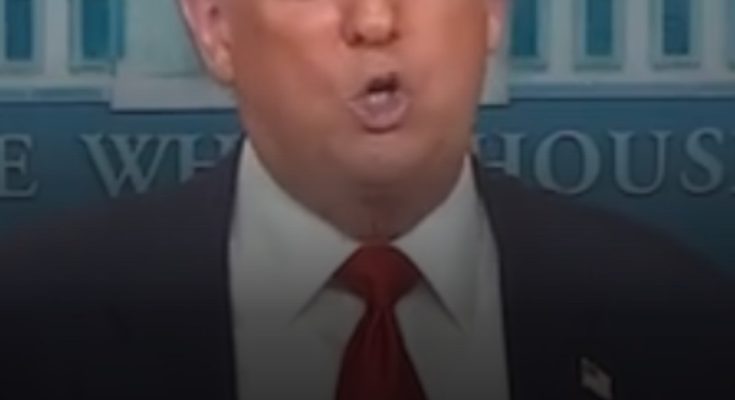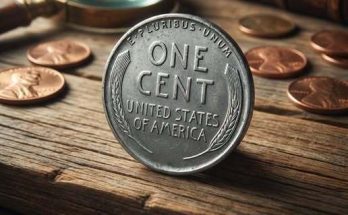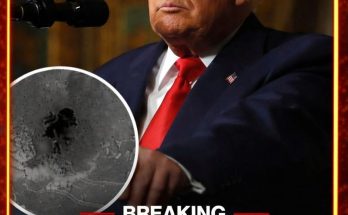Donald Trump has sparked a political firestorm after announcing a sweeping federal takeover of policing in Washington, D.C., granting officers what he described as the authority to “do whatever the hell they want” when met with hostility — a declaration that has been branded “evil” and “dangerous” by critics and prompted renewed calls for his impeachment.
The president unveiled the controversial plan on Monday, 11 August, following meetings with officials about tackling what he characterised as out-of-control crime in the US capital. Speaking on his Truth Social platform, Trump promised a hardline approach, warning that there would be no “Mr Nice Guy” in the coming weeks.
“Before the tents, squalor, filth, and Crime, it was the most beautiful Capital in the World. It will soon be that again,” he wrote, in a post that also ordered Washington’s homeless population to “move out IMMEDIATELY.”
For weeks, there had been speculation that Trump might authorise the National Guard to patrol the city — a tactic he had already deployed in Los Angeles to suppress immigration protest unrest earlier this summer. Those fears were confirmed during a press conference in which the president formally declared a “public safety emergency” and invoked Section 740 of the District of Columbia Home Rule Act, effectively placing the city’s Metropolitan Police Department under federal control.
Trump justified the unprecedented move by painting a dire picture of Washington’s crime levels, claiming the city had become “one of the most dangerous in the world,” with homicide rates surpassing those of Bogotá and Mexico City. He described the capital as a “sanctuary for illegal alien criminals” plagued by “lawlessness.”
However, his portrayal is at odds with official statistics showing violent crime in D.C. at a 30-year low. Critics accuse the president of exaggerating threats to justify a sweeping law-and-order campaign that risks eroding civil liberties.
The most incendiary part of Trump’s announcement came when he stated that police officers would now be allowed to “do whatever the hell they want” when confronted with aggression. “That’s the only language they [alleged criminals] understand,” he said. “They like to spit in the face of the police. You spit, and we hit, and they can hit real hard. It’s a disgusting thing… but now they are allowed to do whatever the hell they want.”
Washington, D.C., Mayor Muriel Bowser called the move “unsettling and unprecedented,” warning that while it did not come as a total shock given Trump’s past rhetoric, it set a dangerous new standard for federal intervention in local policing.
Reaction from residents and political commentators was swift and furious. On Reddit, users branded the president’s language “sinister,” with one writing: “The Trump police state is upon us.” Another called the president “an evil b***ard” and demanded “impeachment immediately.” Others warned that normalising the idea of unchecked police power was “not a slippery slope — it’s a road map” to state violence against citizens.
Demonstrations have already broken out in Washington in protest against the order, with dozens gathering near government buildings to voice opposition. Civil rights groups have accused the administration of exploiting isolated incidents of police harassment to justify broad-scale crackdowns that undermine constitutional protections.
The deployment of 800 National Guard troops will begin immediately and last for 30 days, according to the White House. Officials confirmed that the Guard will work alongside local police in what the administration is calling an “enhanced security operation.”
The announcement comes amid a separate legal battle in California over Trump’s earlier use of the National Guard to suppress protests in Los Angeles in June. That deployment — involving 5,000 troops at its peak — was the first in 60 years to occur without a state governor’s consent. Around 300 troops remain in the city.
A federal judge in San Francisco is currently weighing whether the president violated laws prohibiting the use of the military to enforce domestic law. Judge Charles Breyer has stated the court must determine “whether the military was used to enforce domestic law, and if so, whether there continues to be a threat that it could be done again.”
The State of California, in legal filings, argued that “it simply is not the law that Defendants may deploy standing armies to the streets of California while California is powerless to do anything about that clear violation of the most fundamental principles of our Nation’s founding.” The Trump administration has countered that the deployments are explicitly permitted under existing statutes.
For opponents of the president, the D.C. takeover is the latest sign of what they see as a broader authoritarian drift — one in which federal power is increasingly leveraged to bypass state and local governance.
Trump, however, has framed his actions as necessary to “rescue” the capital from “crime, bloodshed, bedlam, and squalor.” He declared: “This is liberation day in D.C., and we’re going to take our capital back.”
With protests mounting, legal challenges imminent, and political opposition hardening, the president’s decision to grant law enforcement such sweeping powers is set to dominate the national conversation in the coming weeks — and may yet determine whether impeachment efforts gain real momentum in Congress.



